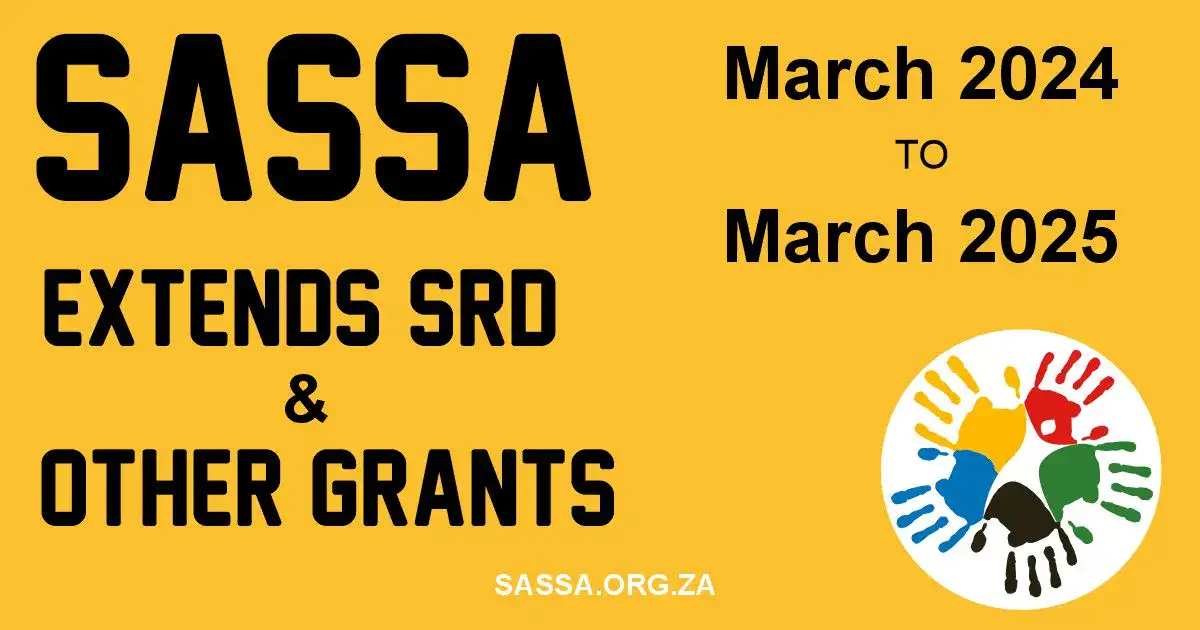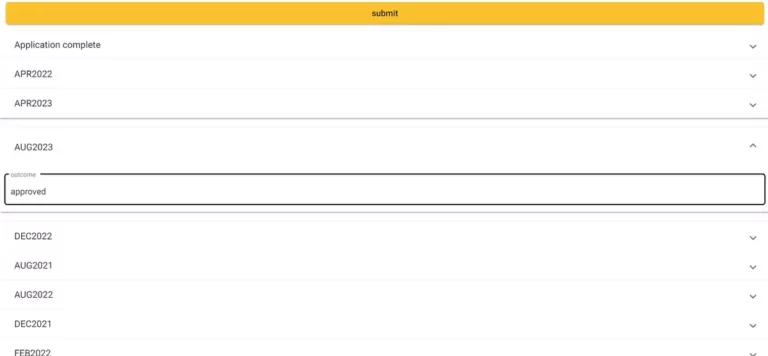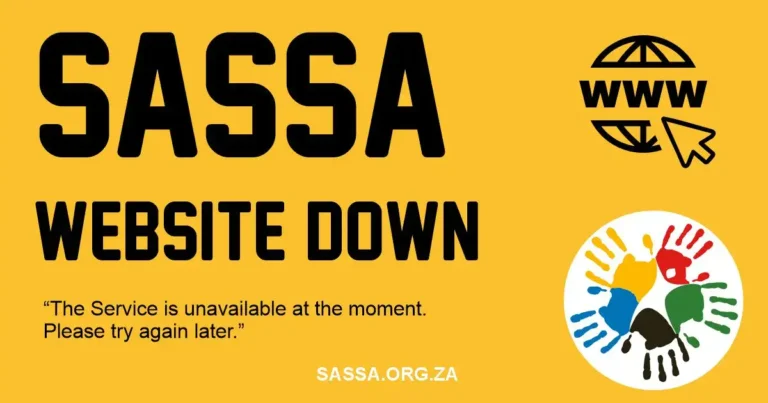
In a move that will bring much-needed relief to millions of South Africans, the government has announced the extension of the Social Relief of Distress (SRD) R350 grant until March 2025. This crucial financial lifeline, which was introduced at the height of the COVID-19 pandemic, has been a source of support for the unemployed and those facing economic hardships.
The announcement was made by President Cyril Ramaphosa during his State of the Nation Address (SONA) on February 8, 2024. Speaking at the Cape Town City Hall, the President assured the nation that the government would not only extend the grant but also work towards improving it as a step towards providing income support for the unemployed.
“We have seen the benefits of this grant and will extend it and improve it as the next step towards income support for the unemployed,” President Ramaphosa stated, highlighting the positive impact the grant has had on millions of lives.
The decision to extend the grant comes after initial rumors suggested that it would be terminated on March 31, 2024, due to budgetary constraints. However, the government has allocated an additional R34 billion to ensure the continuation of this vital program, demonstrating its commitment to supporting the most vulnerable members of society.
The Impact of the R350 Grant Since its inception in 2020, the R350 grant has provided a lifeline to millions of South Africans who lost their jobs or faced financial hardships due to the COVID-19 pandemic. Currently, the grant reaches an estimated 9 million unemployed individuals every month, helping them meet their basic needs and mitigate the effects of poverty.
The positive impact of the grant cannot be overstated. Studies have shown that social assistance programs like the R350 grant have far-reaching benefits beyond just providing financial support. They have been linked to increased school enrollment and attendance, lower dropout rates, and improved academic performance among students.
Furthermore, the grant has played a crucial role in alleviating poverty and promoting social cohesion. According to World Bank data, South Africa’s poverty rate has consistently declined over the past three decades, dropping from 71.1% in 1993 to 55.5% in 2020. This progress can be attributed, in part, to the extensive support provided by the government to those in need, including grants like the R350 SRD.
A Commitment to Early Childhood Development and Education During his SONA address, President Ramaphosa also emphasized the government’s commitment to prioritizing early childhood development (ECD) and enhancing early grade reading initiatives over the next five years. This focus aligns with the administration’s efforts to address the longstanding inequalities in the education sector and to use education as a tool for creating equal opportunities.
The President highlighted the progress made in improving early grade reading, as demonstrated by the latest Progress in International Reading Literacy Study (PIRLS). However, he acknowledged that more work needs to be done, with the study revealing that 81% of Grade 4 pupils in South Africa cannot read for meaning.
“Over the next five years, we will focus our attention on expanding access to early childhood development and improving early grade reading, where we are already beginning to see progress,” President Ramaphosa stated.
The move to place early childhood development under the Department of Basic Education was hailed as a significant decision, enabling the allocation of more resources and ensuring cooperative governance across various government departments.
Tackling Poverty and Supporting the Most Vulnerable In his address, the President also reflected on the government’s efforts to tackle poverty over the past three decades. He praised the consistent decline in poverty rates, attributing this progress to the extensive support provided to those in need through various social assistance programs.
“Today, fewer South Africans go hungry and fewer live in poverty,” President Ramaphosa said, highlighting the impact of the government’s policies and programs.
The introduction of the National Minimum Wage in 2019, as envisaged in the Freedom Charter, was another significant step towards addressing poverty and inequality. According to the President, this decision immediately raised the wages of over 6 million workers, further demonstrating the government’s commitment to uplifting the most vulnerable members of society.
FAQs about SASSA Grants Extension
How do I apply for the R350 grant extension?
If you were a previous beneficiary of the R350 grant, your payments should continue automatically until March 2025. However, if you are a new applicant, you can apply through the SASSA website or by visiting your nearest SASSA office. Be sure to have the required documentation and meet the eligibility criteria.
What are the eligibility criteria for the R350 grant?
To qualify for the R350 grant, you must be a South African citizen, permanent resident, or refugee registered with the Department of Home Affairs. Additionally, you must be unemployed, not receiving any other form of income or social grant, and must not be supported by a social grant recipient.
Will the grant amount remain the same?
While the government has indicated that it will “improve” the grant, no specific details have been provided regarding an increase in the grant amount. As of now, the monthly payment is expected to remain at R350 until further notice.
How long will the extension last?
The R350 grant has been extended until March 2025. However, the government has indicated that this is a step towards providing income support for the unemployed, suggesting that further extensions or a more permanent solution may be considered in the future.
What other support is available for the unemployed?
In addition to the R350 grant, the government has various other social assistance programs in place to support the unemployed and those in need. These include child support grants, old age pensions, and disability grants, among others. The government has also committed to expanding access to early childhood development and improving educational opportunities, which can help break the cycle of poverty and unemployment in the long term.
How does the grant extension impact the national budget?
The government has allocated an additional R34 billion to facilitate the extension of the R350 grant until March 2025. This allocation demonstrates the government’s prioritization of social assistance programs and its commitment to supporting the most vulnerable members of society, even in the face of budgetary constraints.
Final Thoughts
As South Africa continues to navigate the challenges posed by unemployment, poverty, and inequality, the extension of the R350 grant serves as a beacon of hope for millions of citizens. It underscores the government’s recognition of the critical role social assistance plays in promoting economic stability, social cohesion, and overall well-being. With this extension, the government has taken a significant step towards ensuring that no one is left behind in the journey towards a more prosperous and equitable nation.


